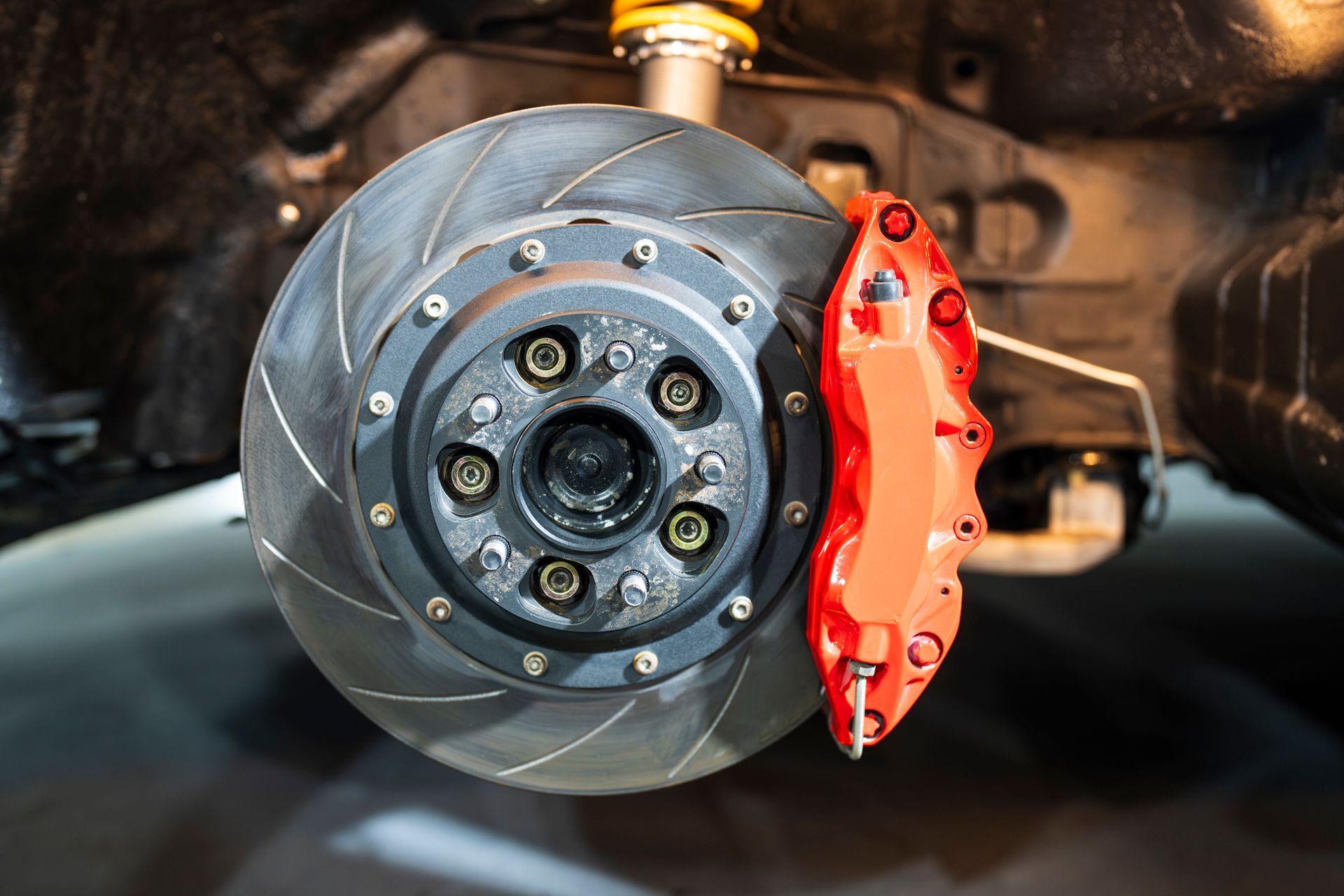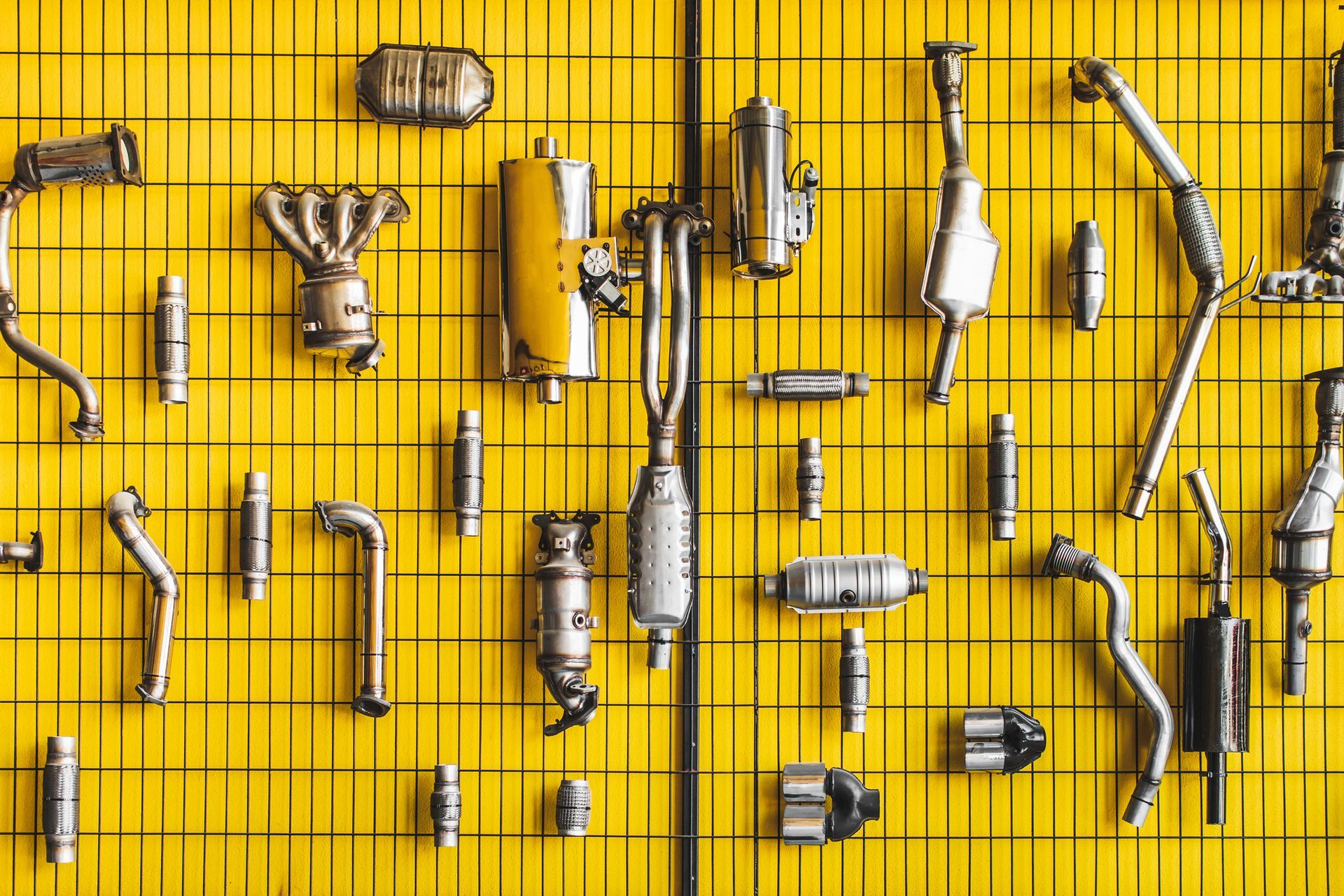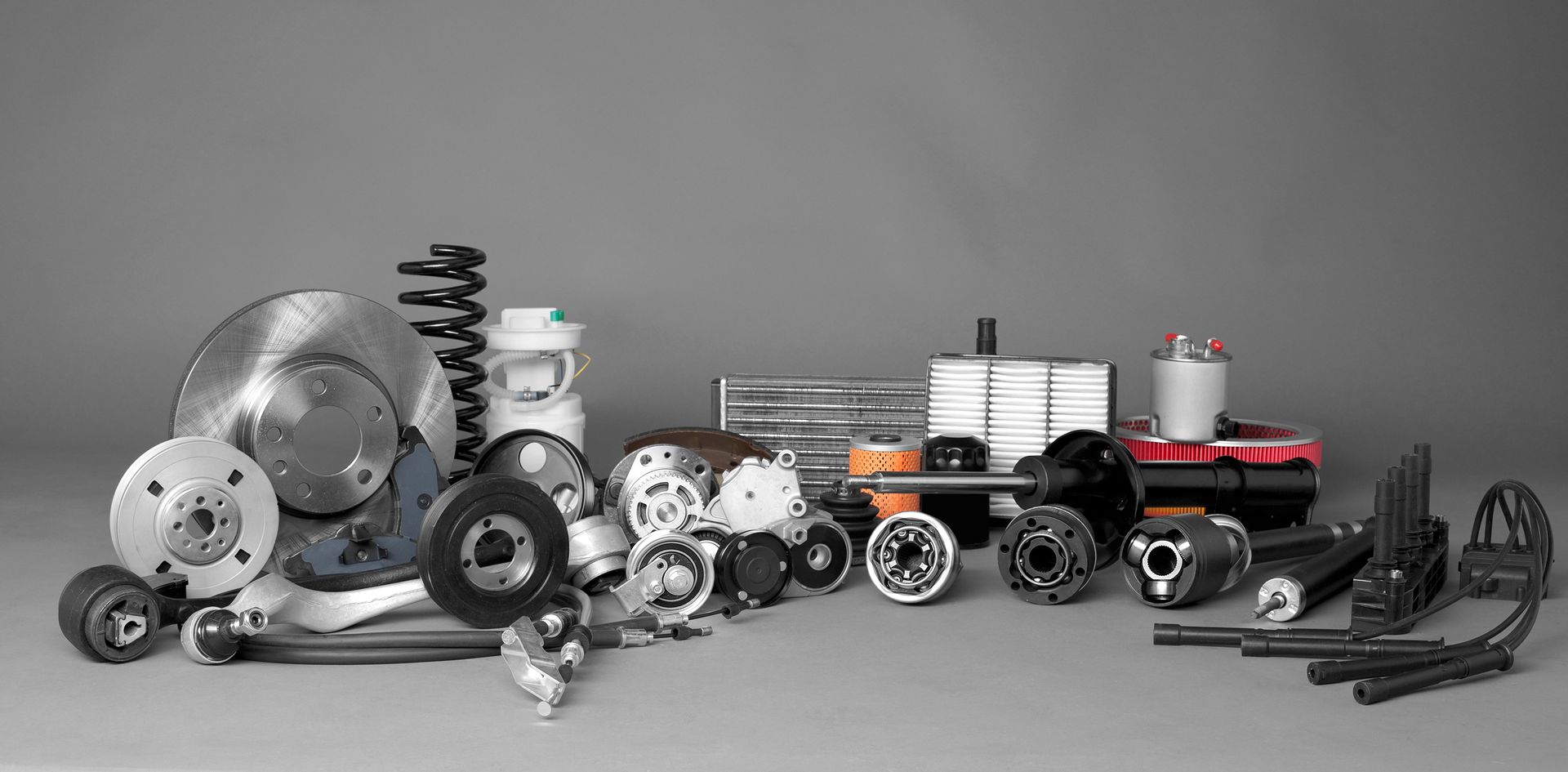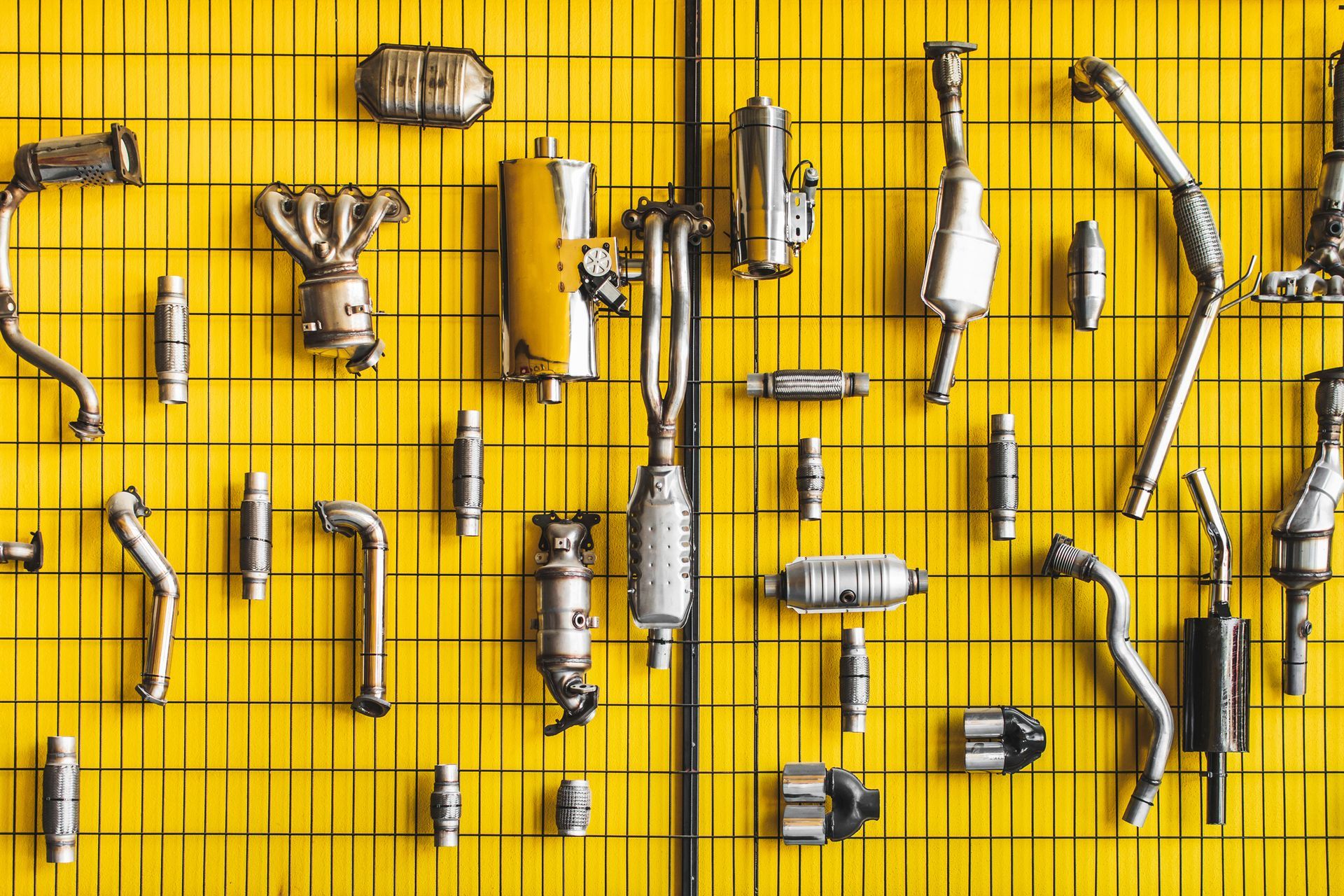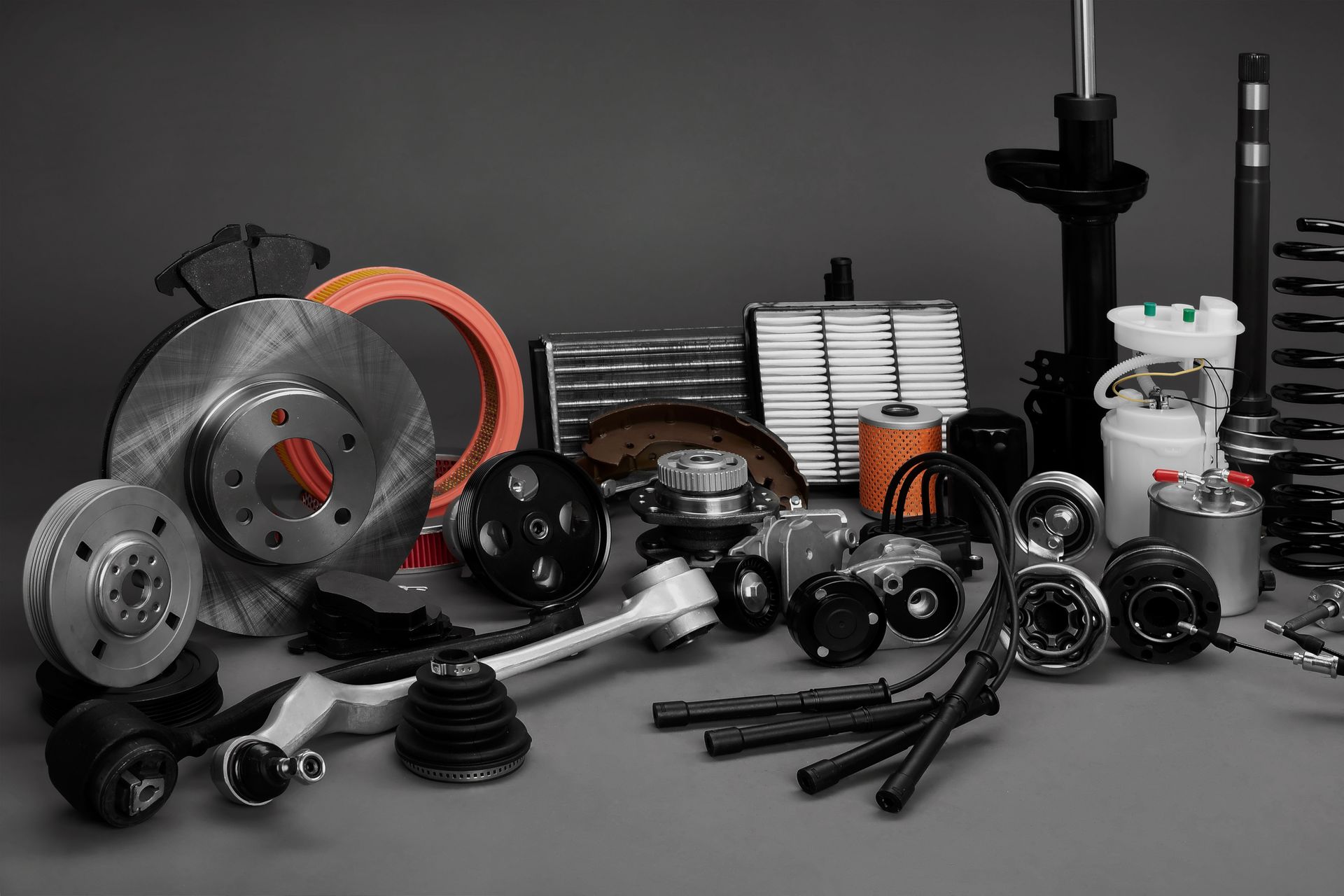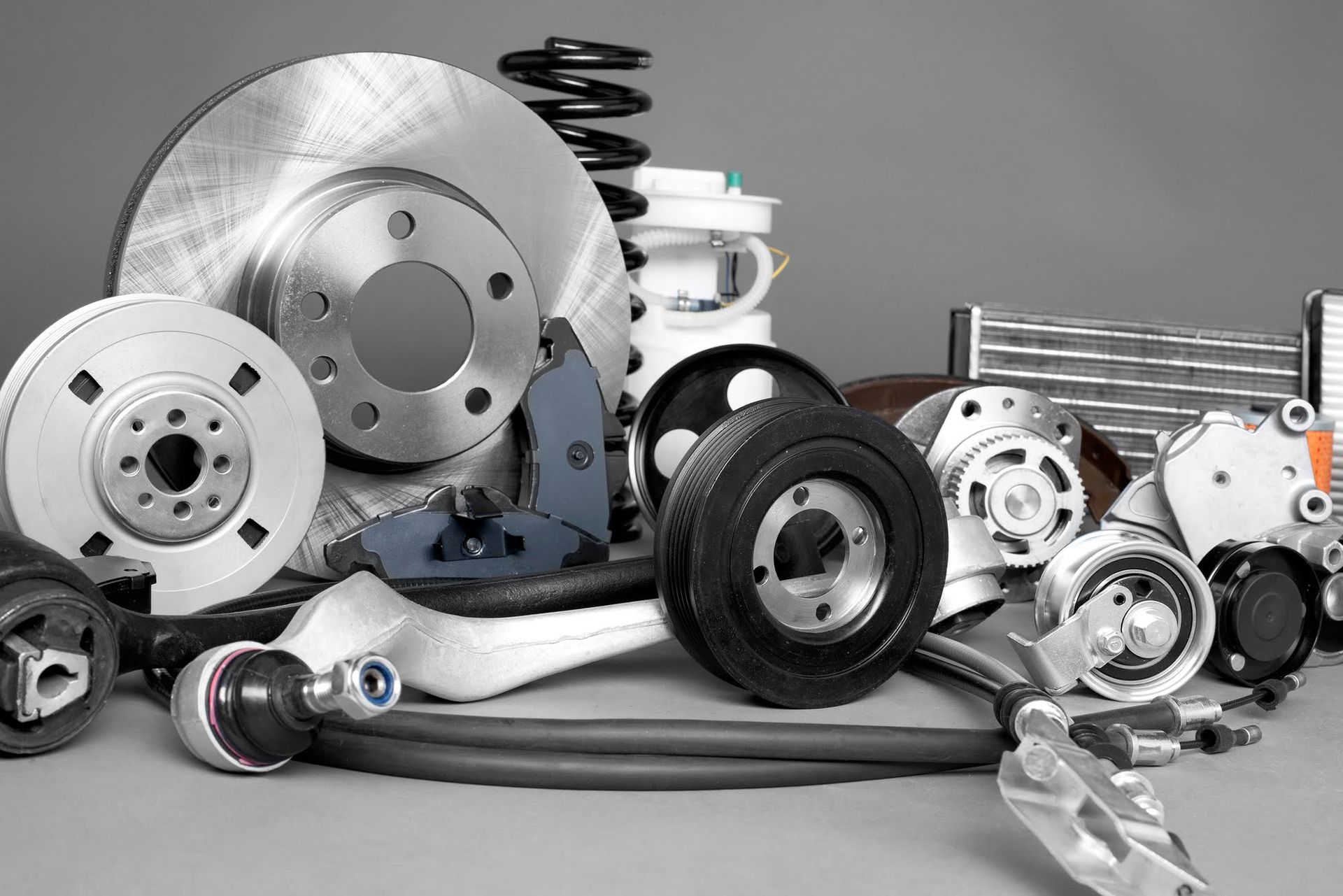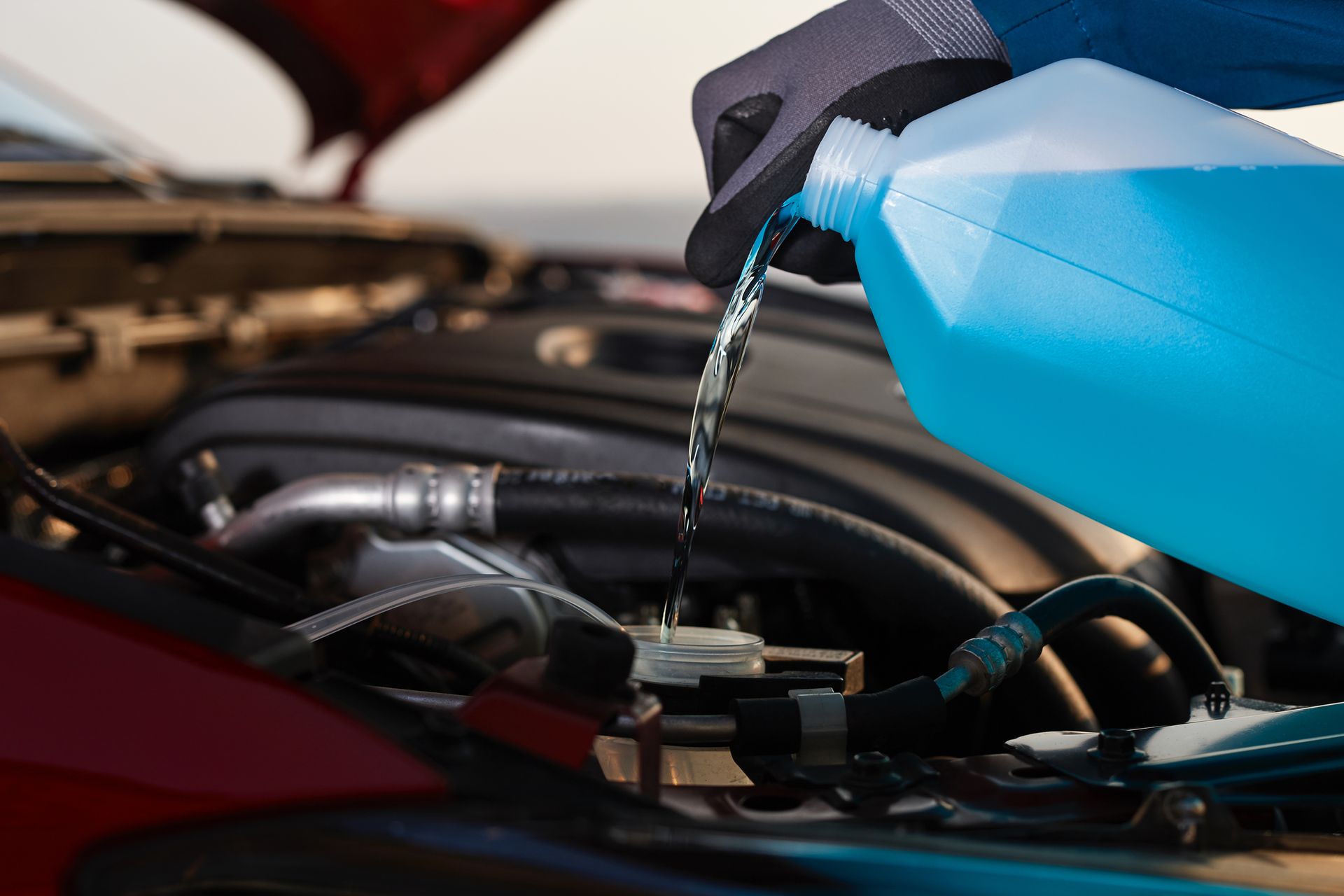Key Points About Battery Problems and Solutions
No matter how powerful your engine, you can't expect your car to function without a working battery. The battery provides essential starting power while also running the car's many electronic components. If you mistreat your car battery or allow it to die on you, you may find yourself stranded and in need of emergency service.
The more you understand about how car batteries work, what can go wrong with them, and how to extend their operational life for as long as possible, the less worry you'll feel every time you start your car. Check out the following key points on car battery problems, maintenance, and replacement.
Why Car Batteries Go Bad
The standard lead-acid batteries in most cars have a useful life of just a few years, even with proper care and service. If you haven't replaced your battery in several years, you may want to go ahead and replace it with a fresh new one even if it still works. An aging battery could fail on you with minimal warning.
If your battery suffers from a parasitic drain problem, it could slowly lose power without your knowing it. This problem may occur due to a faulty alternator diode, plugged-in electronic device, or other component that continually draws battery power. A few seasons of extremely hot or cold weather can also shorten a battery's life.
User error can bring a car battery's life to a premature end. For instance, if you leave your headlights on overnight by mistake, you can likely expect your car not to start the following morning.
How to Recognize Possible Battery Failure
Although a car with a dead battery won't start at all, you may recognize telltale signs of a weak battery before that moment arrives. One such warning involves dim headlights since insufficient voltage from the battery can also impair their performance. Slow, difficult cranking also indicates a potential battery problem.
Unusual noises can sometimes signal battery trouble. If you try to start the ignition and you get only a clicking noise for your efforts, the battery may not feed enough power to the charger for the charger to work. If your car has started backfiring when you start it up, it may ignite fuel unevenly due to sparks from a failing battery.
If you suspect battery problems, raise the hood and look at the battery terminals. If you see lots of blue corrosion on them, take it as a sign of acid leakage. Acid leakage can reduce the battery's energy output, leading to sluggish starts or even total battery failure.
How to Keep Your Battery in Optimal Condition
A few simple preventative strategies can help you get the most out of your car's battery before it inevitably requires replacing. For instance, make a habit of keeping electronic devices unplugged until you actually need them to minimize parasitic drain. Drive your car periodically instead of letting it sit idle for long periods.
Regular vehicle inspections and maintenance services can prove crucial for extending a car's battery life. Your service technician can remove corrosion from the battery terminals, wipe away any dirt that interferes with the connection, test the voltage level to see how much life your battery has left, and replace an old or ailing battery.
Keep in mind that extreme temperatures can shorten battery life. Try not to jump-start your battery in extremely cold weather if you can help it. To protect your battery against both extreme heat and extreme cold, ask your service technician about adding insulating materials to the battery bay.
Whether you suspect a problem with your car's battery or you simply want to make sure your battery has plenty of life left in it, Padco Auto Parts can help. Our skilled technicians can diagnose potential battery problems, swap out a dying battery with the right replacement, and advise you on preventative battery care. Contact us today.



